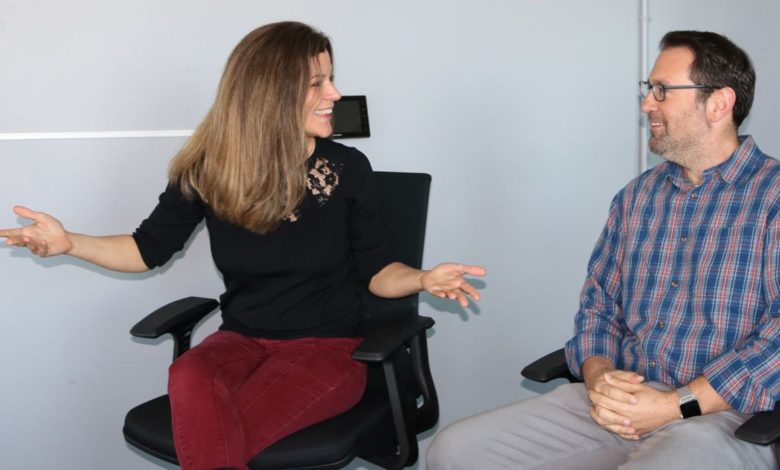
Few parts of my professional life are as enjoyable and challenging as speaking to groups about my work. While presentations are one way to share this information, a panel discussion can also be a very engaging form of public speaking, because the dialogue makes each experience unique. Another bonus of panels is there’s less pressure on the individual to maintain your audience’s attention for the entire session. In that way, speaking on a panel is basically the lite version of being a public speaker.
Do…
If you’re ever asked to serve on a panel, here are five steps you’ll want to keep in mind:
- Do Your Research
What’s the description for this panel? Understand the topic and how it fits within the theme of the conference. Know your audience (local/national/international attendees; gender; ethnicity; industry; hobbies). Consider your audience members’ primary purposes for attending. Research the moderator; why was that person chosen to facilitate this session? How do the other panelists fit into the discussion? Finally, why were you asked to be a panelist? By being aware of all these factors, you’re prepared to make an authentic and thoughtful contribution to the dialogue.
- Determine Your Message
Now that you’ve considered the role of the audience, moderator, other panelists, and yourself, figure out what message you plan to bring to this discussion. What is the general tone you plan to present? Is it optimistic? Do you want to warn the audience about industry trends? Is there a call to action you want to introduce to the audience? This preparation allows you to share your message effectively and have the greatest possible impact.
- Provide Your Bio
Don’t expect the panel’s moderator to know your career trajectory. By providing the moderator with your bio, you are not only saving them from extra work but also determining how you are presented to the audience. It is to your own benefit to frame your introduction so that relevant background experience, achievements, and interests are included.
Stilted answers are disengaging. A panel discussion is supposed to be a conversation. When each panelist just answers their own questions, there’s no chemistry in the group. If another panelist gives an answer you disagree with, it’s perfectly acceptable to state that in a respectful manner. If they say something you agree with, you can say this as well, if you have something useful to contribute. Don’t be the person that simply restates what another person just said.
- Stick around for questions
At the end of the panel, consider sticking around to thank the moderator for a job well done (when appropriate), answer one-on-one questions from audience members, or continue the conversation with the other panelists. Post-panel conversations have provided me with the opportunity to meet some of my amazing mentees and mentors.
Don’t…
While the aforementioned steps will help ensure a clear and concise message, there are also several things you should avoid doing when asked to serve on a panel. Here are five tips on what not to do when serving on a panel:
- Say You Were Just Invited to Speak
If you happen to be a last-minute substitute, don’t throw the moderator under the bus by saying so – this makes them look unorganized and you look like an amateur.
- Use Scripted Answers
Rehearsed answers are boring and painful. While you can memorize a few statistics to reference during your responses, it’s important not to memorize and regurgitate your message. Audiences crave originality and authenticity in speakers.
- Hog the Mic
Be a good fellow panelist and share the stage, whether you’re a newbie or the biggest fish on the panel. You only make yourself look better and raise your stock by making others look good too.
- Appear Distracted
Be mindful of your presence and presentation. Recently I attended a military panel where one of the panelists was snapping selfies and using his phone while the other were introducing themselves. While he was probably posting about his experience on social media, his behavior came off as unprofessional and rude. Don’t be that guy.
- Promote Yourself or Your Business
No one wants to sit through a sales promotion when they thought they were going to get an informational session. These type of pitches end up annoying the audience, which is a bad choice of advertisement. Stick to the subject and don’t be a self-promoter, your expertise in the field should speak for itself.
Serving on a panel is an exciting opportunity to share your expertise, meet with other industry leaders, and expand your network. By keeping in mind these do’s and don’ts, both you and your message will be well-represented during your time on the mic.
Jacquelyn Adams, an IEEE Senior member, is a nationally-recognized leader in employee learning and development. Jacquelyn is the CEO and Founder of Ristole, a consulting business that transforms corporations through engaging employee training. Find more of her Lessons on Leadership columns here.






